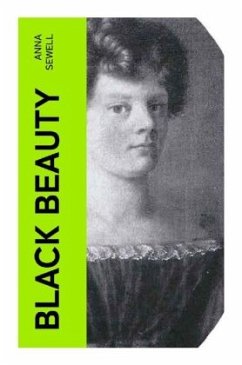In her groundbreaking novel _Black Beauty_, Anna Sewell intricately weaves a poignant narrative that offers an unflinching examination of the treatment of horses in the Victorian era. Told from the perspective of a horse named Black Beauty, the book employs a rich, descriptive literary style that captures both the tenderness and brutality of the equine experience. Sewell's use of first-person narration serves not only to elicit empathy but also to critique societal norms surrounding animal welfare, making the novel a significant work within the context of 19th-century animal rights advocacy and representation in literature. Anna Sewell, a passionate advocate for animal welfare, was inspired to write _Black Beauty_ after experiencing a series of personal hardships, both physical and emotional. Her own struggles with ill health and her upbringing in a Quaker family that emphasized compassion and kindness toward all living beings influenced her heartfelt dedication to this narrative. Tragically, Sewell completed the manuscript shortly before her death in 1878, highlighting the urgency of her message and the deep connection she felt with her equine protagonist. _Black Beauty_ remains a seminal work not only for its powerful storytelling but also for its lasting impact on animal rights movements and literature. Readers are invited to embark on an emotional journey that reveals the profound bond between humans and animals, and to reflect on the ethical responsibilities we hold toward those unable to voice their suffering. This timeless classic is a necessary read for anyone interested in literature, animal ethics, and social justice.
Bitte wählen Sie Ihr Anliegen aus.
Rechnungen
Retourenschein anfordern
Bestellstatus
Storno








